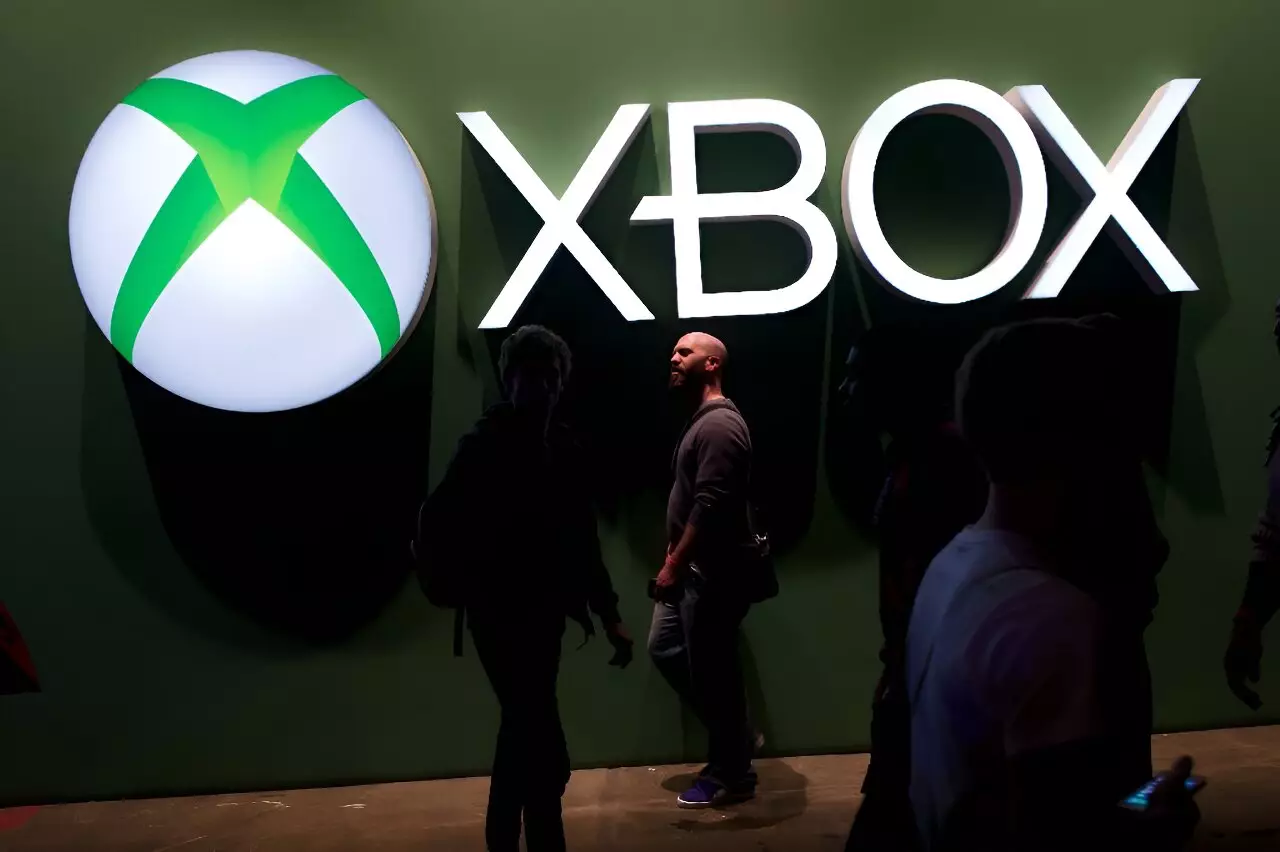In the wake of its monumental acquisition of Activision Blizzard, Microsoft has decided to trim its gaming workforce by an additional 650 employees. This decision, made amidst an increasingly competitive gaming landscape, highlights the paradox of rapid growth and the need for organizational efficiency. Phil Spencer, head of Microsoft Gaming, articulated the rationalization behind the layoffs, framing them as necessary steps to “organize our business for long-term success.” This sentiment echoes throughout the tech industry where seismic shifts often entail painful adjustments.
While restructuring may indeed set the stage for future success, it raises troubling questions about the stability of employment in an industry once perceived as dynamic and secure. The layoffs primarily target corporate and support roles, showcasing a trend where back-office positions often bear the brunt of financial recalibrations. For employees, days like these are challenging and filled with uncertainty, as reiterated by Spencer himself. As Microsoft navigates this tumultuous terrain, the emotional toll of such decisions cannot be overlooked.
The layoffs at Microsoft are not isolated incidents; they reflect a growing trend throughout the gaming industry. Just as Microsoft downsizes, the Communications Workers of America (CWA) underscores the somber reality facing the workforce by characterizing these job losses as “extremely disappointing.” The association with the earlier layoffs at Bungie serves to compound this frustration. Samuel Cooper, a senior producer on World of Warcraft and a CWA member, aptly noted that layoffs of this nature have become “heartless” and alarmingly frequent. What was once a thriving sector now finds itself amidst a wave of downsizing that raises concerns about the future workforce dynamics.
Additionally, the broader context within the tech industry reflects similar trends. Last year, approximately 260,000 jobs vanished, with 136,360 lost in 2023 alone. These figures, tracked by layoffs.fyi, suggest a systemic issue that transcends individual companies. Remarkably, companies like Sony Interactive Entertainment are also facing the need for significant reductions, marking a difficult period for gaming content creators.
As Microsoft embraces its own consolidation following a substantial transaction like the Activision Blizzard buyout, one must wonder about the long-term implications of such strategies. Despite the stated commitment to a “sustainable cost structure,” the ever-present risk remains that the essence of creativity, innovation, and passion that fuels the gaming industry could be stifled under the weight of financial imperatives. No games or studios were reported to be at risk of closure in this latest round of layoffs, but the atmosphere surrounding these cuts suggests an underlying tension that may affect morale and future output.
The acquisition of Activision Blizzard, heralded as a potential game-changer, may ironically highlight the fragility of industry stability. As companies continue to adapt and realign, the pursuit of efficiency may inadvertently cultivate an environment of fear—where talent and ambition are overshadowed by the looming specter of layoffs.
As the industry grapples with these changes, it becomes increasingly important for corporate leaders to emphasize a culture of empathy and support. Communication with teams facing turmoil should be prioritized, lest companies risk losing not just employees, but also their reputation as desirable workplaces. The gaming sector, once a realm of innovation and creativity, is at a crossroads that calls for strategic yet compassionate leadership. Only through better management of personnel transitions can firms retain their intellectual wealth and continue to foster the next generation of gaming marvels in an ever-evolving landscape.


Leave a Reply